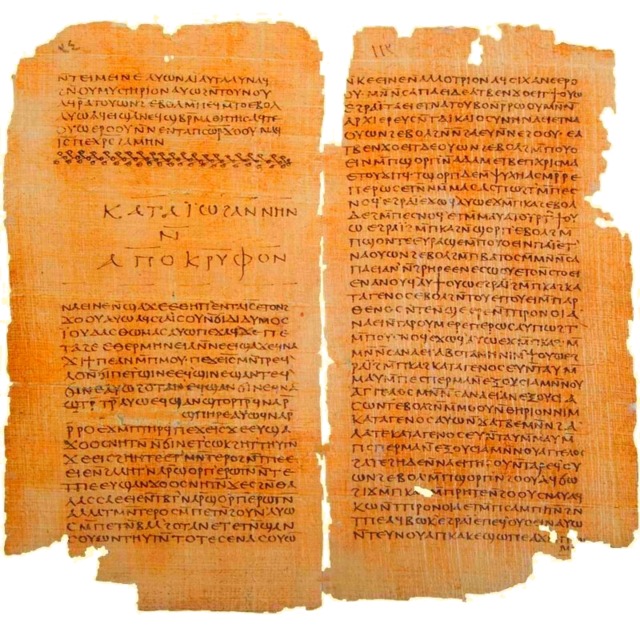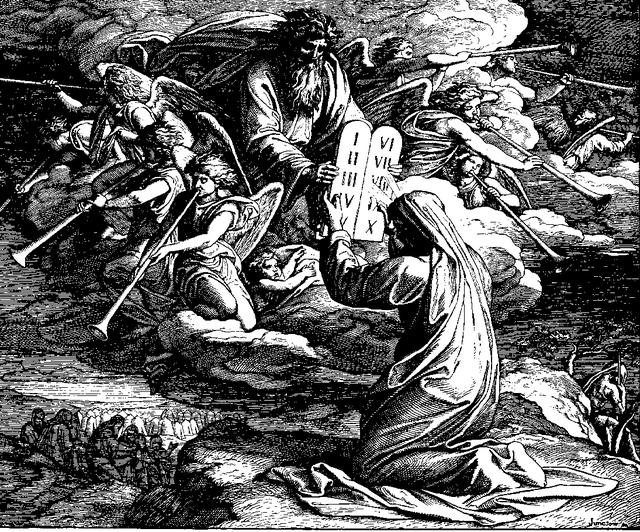Introduction
In the New Testament, Jesus is frequently referred to as the “only begotten Son” of God. But what does this phrase truly signify? A detailed exploration of the original Greek and its Old Testament uses offers invaluable insights.
The Greek Term “μονογενής” (Monogenēs):
This word, which is translated as “only begotten” in many English Bibles, is a compound of two Greek terms: “μόνος” (monos) meaning “only” or “single” and “γένος” (genos) which can be understood as “kind,” “type,” or “class.”
Historical Usage of Monogenēs:
In classical Greek literature, “monogenēs” connoted something “unique” or “one of its kind.” This term wasn’t limited to indicating biological offspring. For instance, an only child could be described as “monogenēs”, but the focus would be on the singular position that child held in the family, rather than the process of birth.
Abraham and Isaac:
An illuminating use of “monogenēs” can be found in Hebrews. Abraham’s son Isaac is referred to using this term in the LXX (Hebrews 11:17-19). This is fascinating because Isaac was not Abraham’s only son; he had Ishmael before Isaac and other sons after. Yet, Isaac is described as “monogenēs”, underscoring his unique position in God’s covenantal promise to Abraham. This demonstrates that “monogenēs” is less about being the only son born and more about a unique, special position.
New Testament Implications:
When John 3:16 states, “For God so loved the world, that he gave his only (monogenēs) Son…” the emphasis is on Jesus’ unparalleled relationship with the Father, His distinctive role in God’s redemptive work, not a biological or created origin.
Theological Significance:
The understanding of Jesus as the “only begotten” Son, particularly as laid out in the Nicene Creed, underscores that He shares the same essence with the Father. This affirms the Christian orthodoxy that Jesus is eternal, not created, possessing the same eternal nature as the Father.
Conclusion:
The term “only begotten son,” when seen in its full biblical context, accentuates Jesus’ unique and unparalleled relationship with God the Father. By delving into its Greek roots and Old Testament usage, we recognize it as an affirmation of Jesus’ divinity and His exceptional role in the divine scheme, not as an indication of His origin or creation.
Discussion Questions:
- How does understanding the term “μονογενής” (Monogenēs) as “unique” or “one of a kind” change or reinforce your perspective on Jesus’ relationship with God the Father?
- How does Isaac’s reference as “monogenēs” in the Septuagint help clarify the term’s usage in the New Testament?
- Why is it important for Christian doctrine that Jesus is understood not as a created being, but as co-eternal with the Father?
Want to Know More?
- “The New International Dictionary of New Testament Theology and Exegesis” by Moisés Silva. A comprehensive resource that provides insights into the semantic range of New Testament Greek terms.
- “Jesus the Eternal Son: Answering Adoptionist Christology” by Michael F. Bird. This book offers a deeper dive into Christ’s relationship with the Father, emphasizing His unique position.
- “The Septuagint Version: Greek and English” by Sir Lancelot C. L. Brenton. An English translation of the Septuagint, the ancient Greek translation of the Old Testament, offering insights into the use of “monogenēs” in reference to Isaac.




